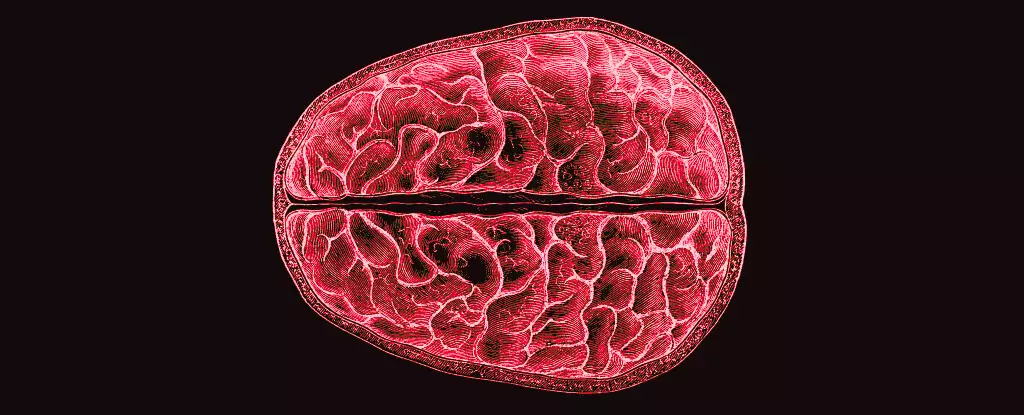The menstrual cycle is a natural process that affects women throughout their reproductive years. However, the impact of hormones on the brain during this time is not well understood. A recent study led by neuroscientists Elizabeth Rizor and Viktoriya Babenko of the University of California Santa Barbara sheds light on the structural changes that take place in the brain as hormonal profiles fluctuate.
Research Findings
The study tracked 30 women over their menstrual cycles and found that structural changes in the brain are not limited to regions associated with the menstrual cycle. The researchers reported simultaneous brain-wide changes in white matter microstructure and cortical thickness, coinciding with hormone rhythms. These findings suggest that the interaction between hormones and the brain may extend beyond the traditionally known receptor-dense regions.
Importance of Research
While menstruation is a common experience for women, research on its effects on the brain has been limited. Most previous studies have focused on brain communication during cognitive tasks rather than the structural changes themselves. Understanding how hormonal fluctuations impact the brain is crucial for gaining insights into the potential effects on cognitive function and mental health.
The study found that hormonal shifts during the menstrual cycle can lead to changes in gray and white matter volumes, as well as the volume of cerebrospinal fluid. For example, increases in 17β-estradiol and luteinizing hormone before ovulation were associated with faster information transfer in white matter. On the other hand, follicle-stimulating hormone and progesterone levels were linked to changes in gray matter thickness and tissue volume, respectively.
The research lays the groundwork for further studies on the relationship between hormones and brain structures. Understanding how hormonal fluctuations impact the brain’s function on a daily basis and during transitional periods could provide valuable insights into mental health issues related to the menstrual cycle. Investigating these relationships across brain networks is essential for a comprehensive understanding of the human nervous system.
The study by Rizor, Babenko, and their team highlights the dynamic relationship between hormones and brain structure during the menstrual cycle. By identifying changes in white matter microstructure and cortical thickness, the research adds to our knowledge of how hormonal fluctuations can impact the brain. Further research in this area is needed to fully understand the implications for cognitive function and mental health.


Leave a Reply